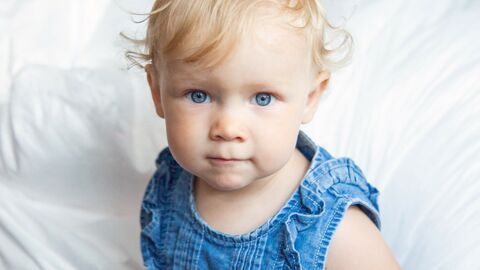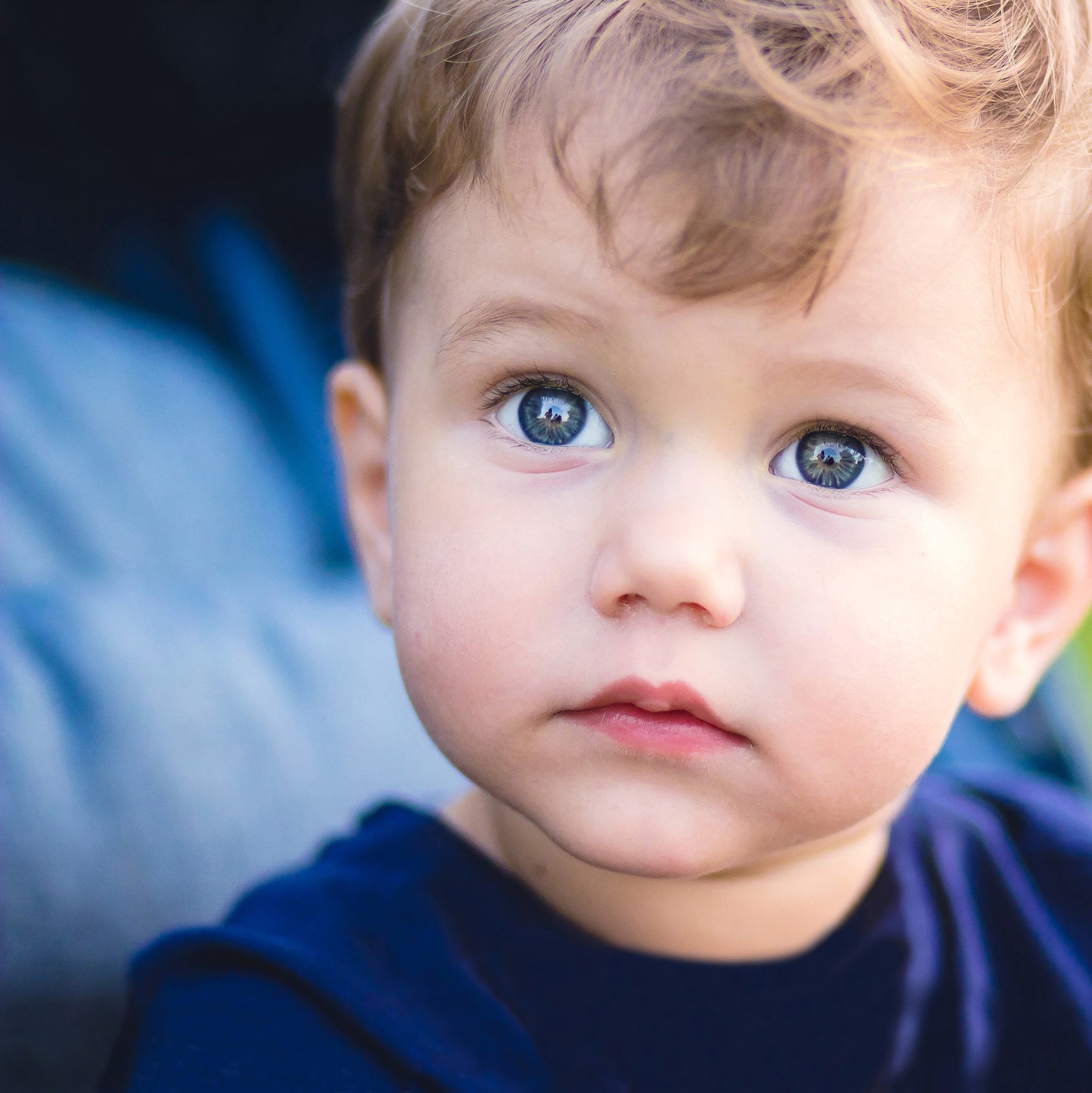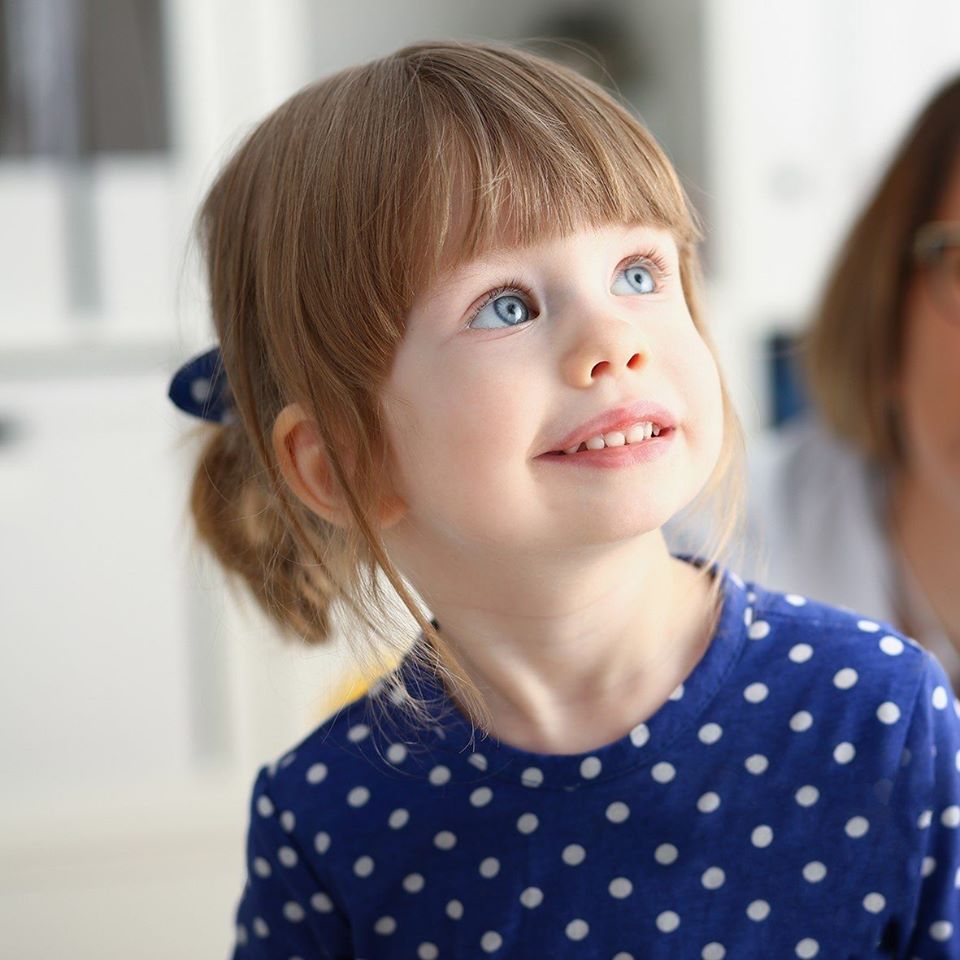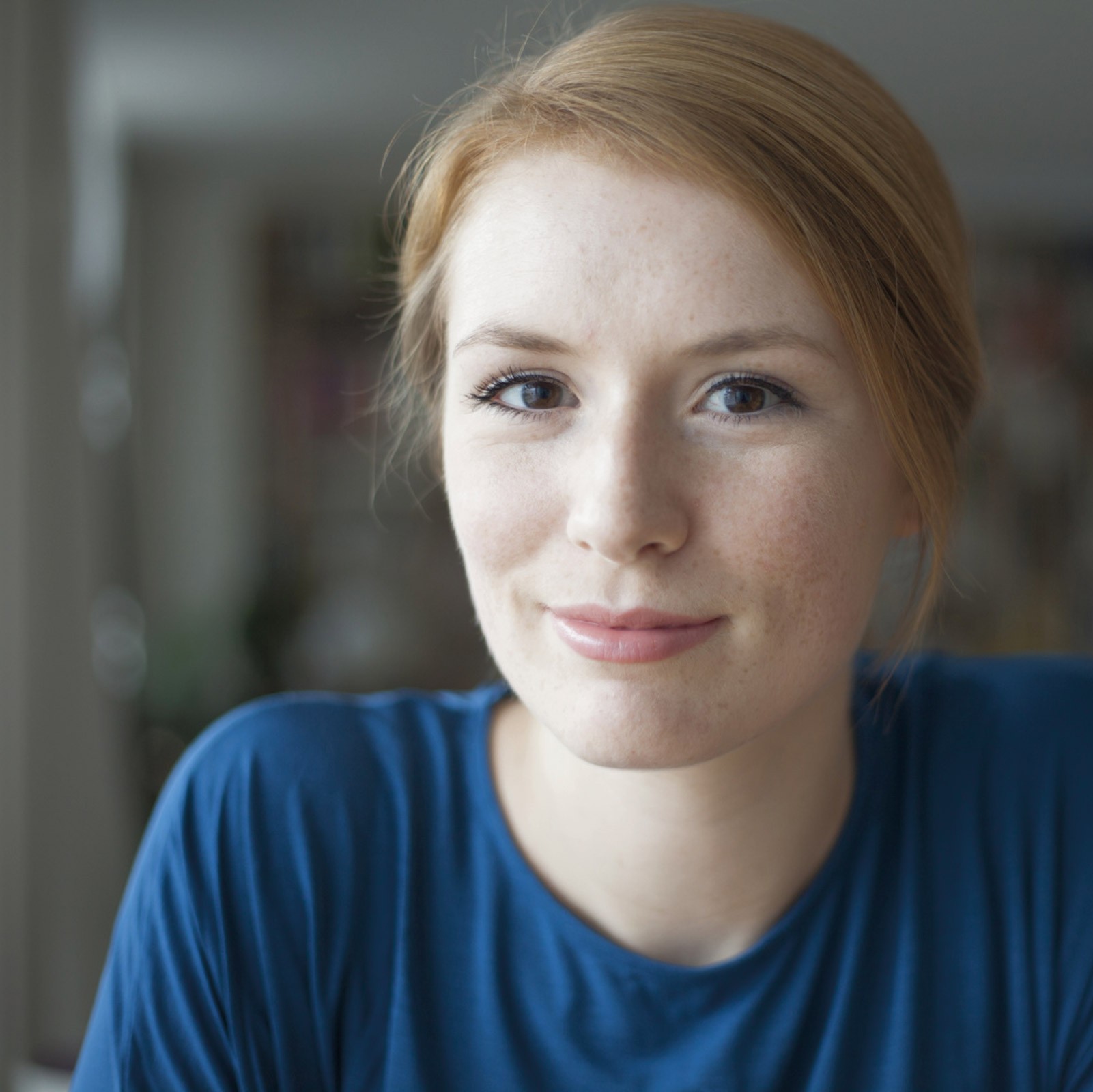Parents on the edge
A diagnosis of cancer means an abrupt change to the life of the whole family: parents and children spend months travelling between home and hospital, and are under extreme stress during this time. Most patients are young children who need their parents every day during their long therapy. Legally, parents of seriously ill children are now entitled to 14 weeks of care leave. However, in the case of cancer therapy, which can last for a year or more, this time is simply not sufficient. More flexible forms of work are needed to further relieve parents. If employees are finding it easy to work from home during the pandemic, why not parents of children with cancer in the longer term?
However, parents are not only faced with major organisational and psychological challenges: there are also unexpected expenses that put a strain on the family budget and can cause families existential hardship. These include additional costs for hospital visits, deductibles, having to eat out, care for siblings and psychosocial support, which are often not covered by health or social insurance. As if this were not stressful enough, some parents find out that part of the therapy costs are not reimbursed by the health insurance companies. This can be extremely demoralising at a time when everything necessarily revolves around the sick child and parents often have little strength and energy left for anything else.
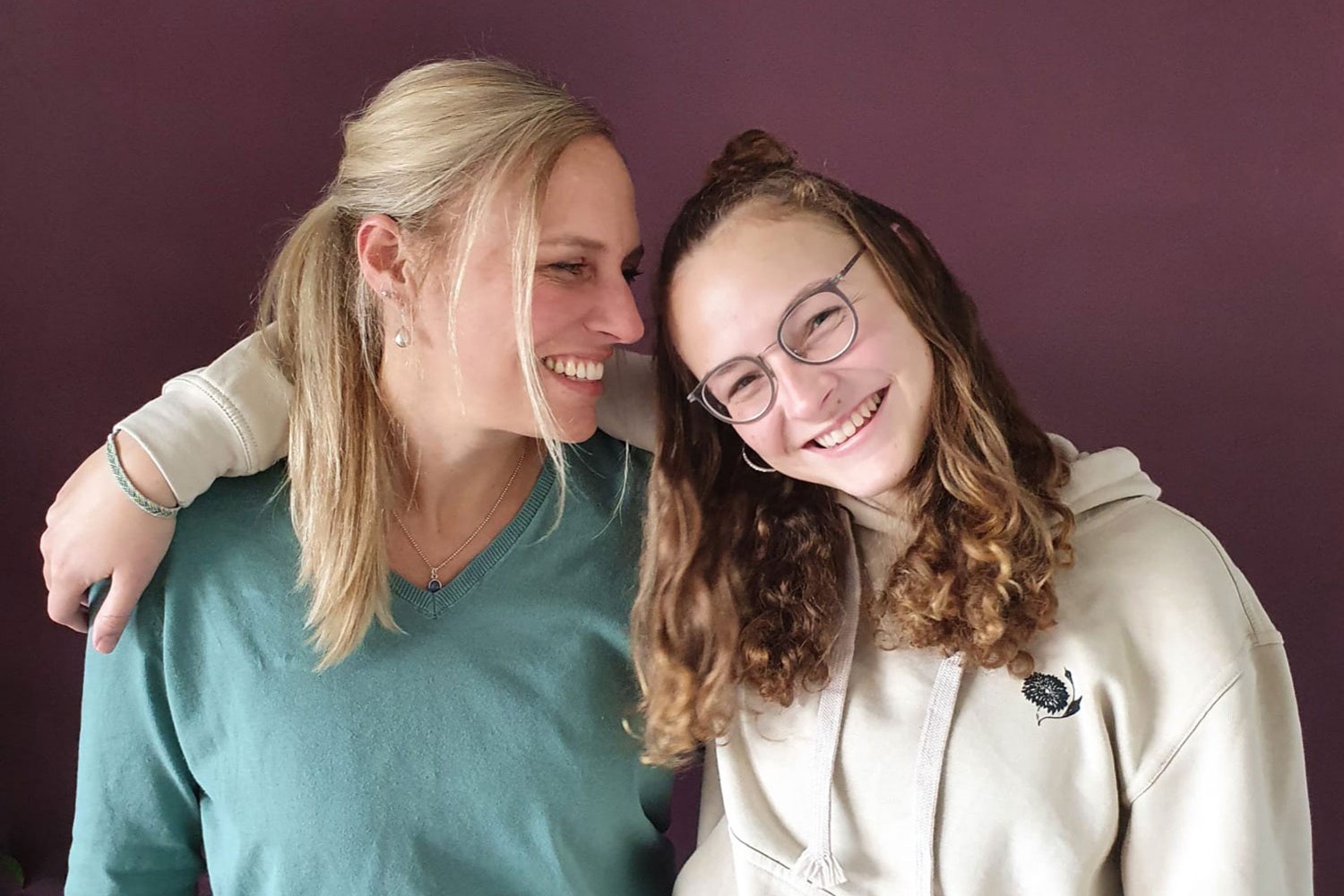
“It pulled the rug out from under our feet”
Interview with Susanne Mattle Rohrer, affected mother
Fighting loneliness
Children and adolescents suffering from cancer are torn away from their normal social environment by months of therapy. Intensive hospital stays are followed by weeks and months of recovery. During this time, they are often unable to attend school or meet up with friends – the effort could simply be too much for them and the risk of being infected too great. Many of them therefore simply cannot keep up in class, may even have to repeat a year and naturally suffer from the lack of contact to their classmates. There are of course offers of teaching in the hospitals, but concepts vary from canton to canton and can in no way replace the familiar social environment.
Things get even more difficult when those affected are isolated at home and cannot go to school or can only do so sporadically. Here, the coronavirus crisis has shown that online teaching with classmates is absolutely feasible. If this were available to children and young people with cancer in the longer term, those affected might not lose touch either educationally or socially, as has often been the case to date.
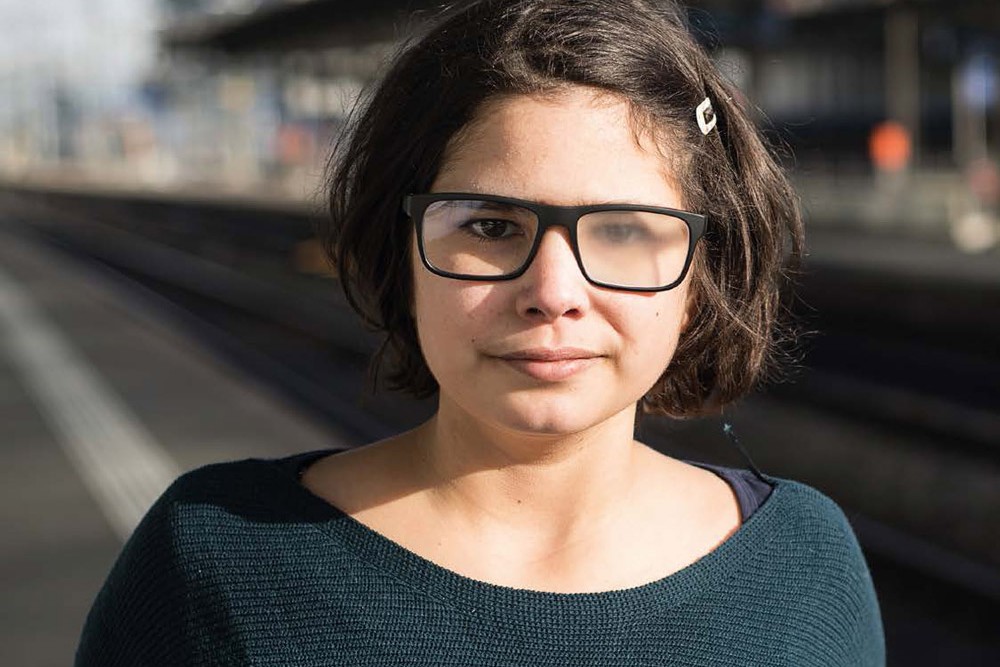
“I would like specific offers and measures for entering working life”
Interview with Delia Mazuret, Survivor
Childhood cancer is a rare disease
Children and adolescents develop more than 50 different types of cancer, the most common being leukaemia, tumours in the brain and spinal cord, and lymphomas. Childhood cancer is different from adult cancer and is a rare disease. Four out of five children and adolescents with cancer can be cured nowadays thanks to medical advances. Nevertheless, one child still dies from cancer almost every week in Switzerland. This means that cancer – after accidents – is still the most frequent disease-related cause of death in this age group. In addition, there is a risk that many affected people suffer permanently from the late effects of the disease and their treatment, even after successful therapy. Cancer often accompanies them and their families throughout their lives.
Parents and children are in urgent need of more support
The situation of a whole family can change permanently even after successful cancer therapy. If the late effects mean it is no longer possible for a cancer patient to return to his/her former life, for example in the case of a brain tumour, there are many questions that need to be asked with regard to educational and professional perspectives. Sometimes parents and survivors do not know where to turn and what help they are entitled to. Even though many of those affected manage to complete training despite their limitations, it is not always possible to find a job on the regular labour market. And it sometimes takes years for some to notice that their performance is declining because the late effects are increasing. On the other hand, parents whose children will never be able to stand on their own two feet or be financially independent, face challenges throughout their lives and often feel left alone. Therefore, there is an urgent need for more contact points that provide survivors and their parents with psychological and socio-legal counselling, and offer effective and long-term support when it comes to professional integration and their working lives.
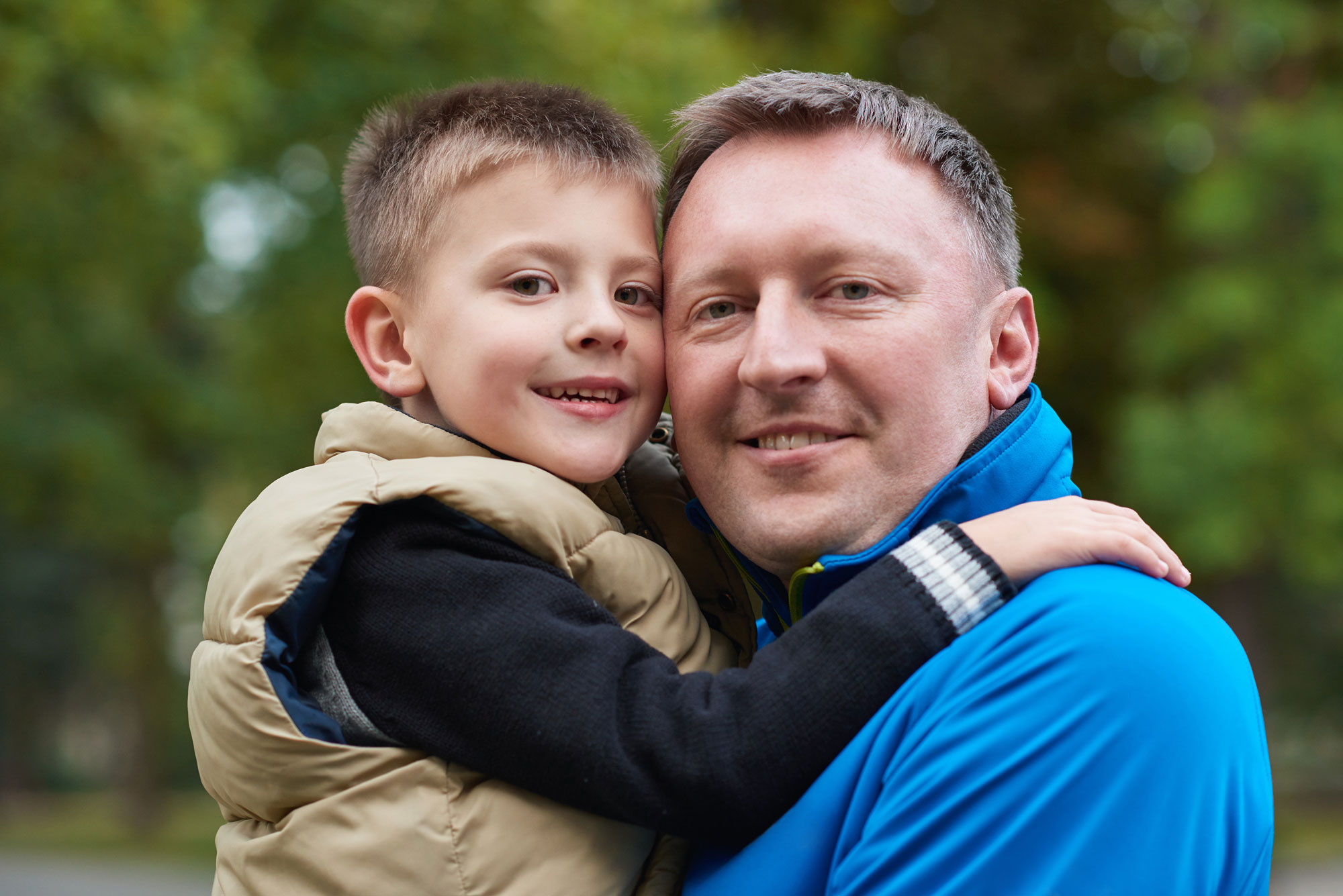
“Losing contact with school can lead to difficulties”
Interview (in German) with Fausto Moser* affected father
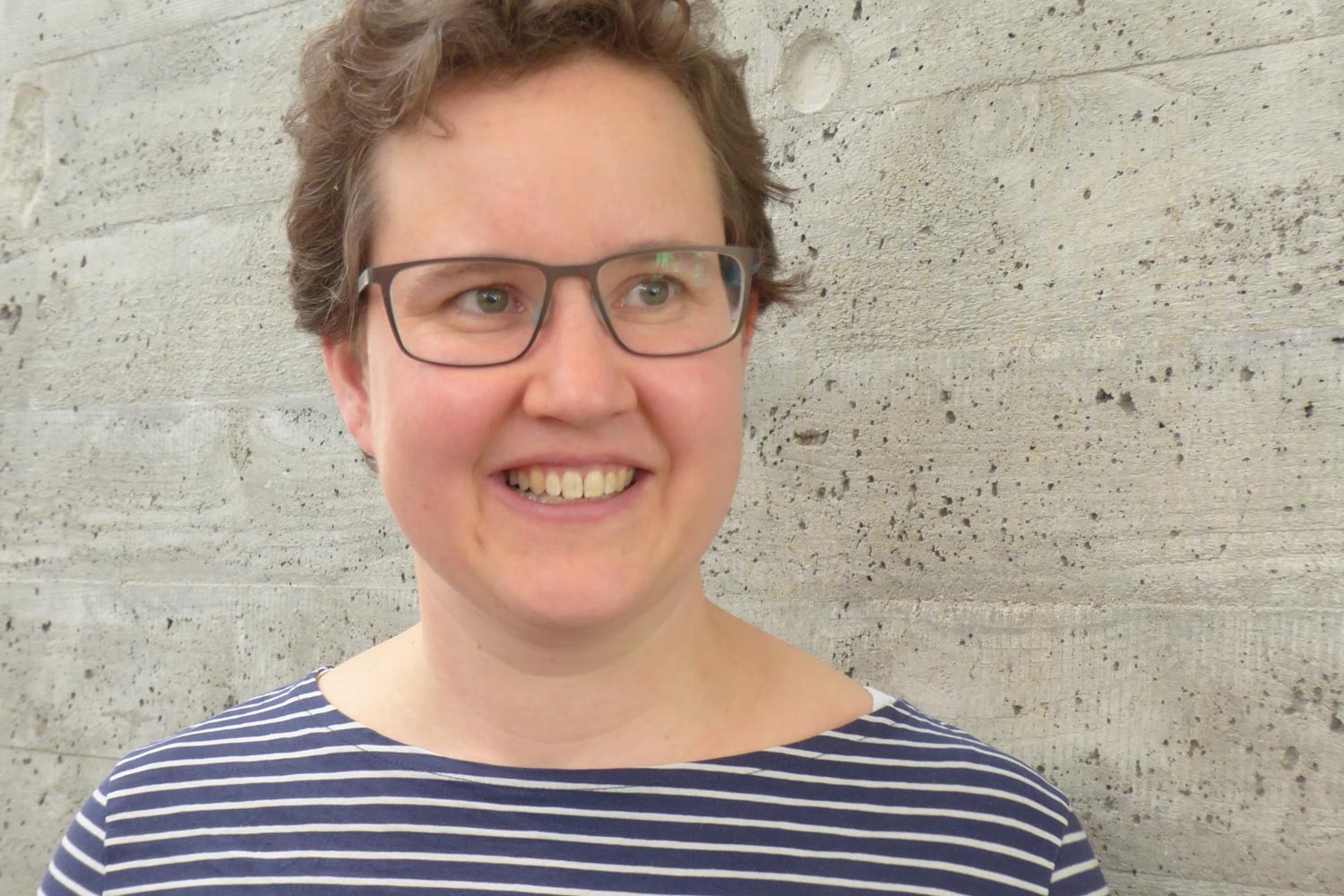
“Treating cancer is a marathon, not a sprint”
Interview with Eva Maria Tinner, MD
The late effects of childhood cancer
Whereas in the past the focus was on healing and survival, today it is increasingly on questions of the quality of life after intensive therapy. Up to 80 per cent of former childhood cancer patients (survivors) still suffer from the physical and psychological consequences of the disease and therapy as adults. A child’s risk of complications later in life depends on the therapy received and the child’s predisposition. Survivors are often insufficiently informed about the risks because there is still a lack of structured and comprehensive follow-up care in Switzerland. The exchange of information is often not optimally guaranteed, particularly during the transition from paediatric to adult medicine. This means that an important opportunity is being missed to detect late effects at an early stage through regular and personalised follow-up consultations and to treat them in a much better way. In order to remedy this situation, Childhood Cancer Switzerland has set up a national competence centre that advises and supports survivors and their parents, offers a wide range of networking and exchange opportunities, and represents their interests.
